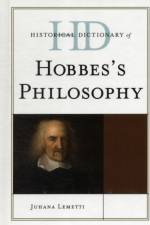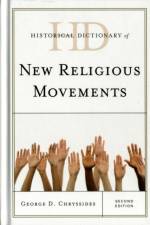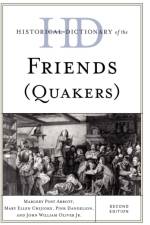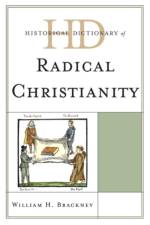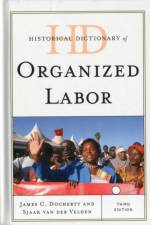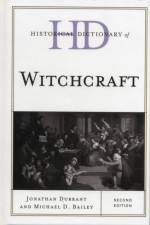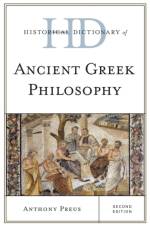av James C. Docherty & Sjaak van der Velden
2 139
Organized labor is about the collective efforts of employees to improve their economic, social, and political position. It can be studied from many different points of viewhistorical, economic, sociological, or legalbut it is fundamentally about the struggle for human rights and social justice. As a rule, organized labor has tried to make the world a fairer place. Even though it has only ever covered a minority of employees in most countries, its effects on their political, economic, and social systems have been generally positive. History shows that when organized labor is repressed, the whole society suffers and is made less just.The Historical Dictionary of Organized Labor looks at the history of organized labor to see where it came from and where it has been. This is done through a chronology, an introductory essay, appendixes, a glossary of terms, and an extensive bibliography. The dictionary section has over 400 cross-referenced entries on most countries, international as well as national labor organizations, major labor unions, leaders, and other aspects of organized labor such as changes in the composition of its membership. This book is an excellent access point for students, researchers, and anyone wanting to know more about organized labor.

